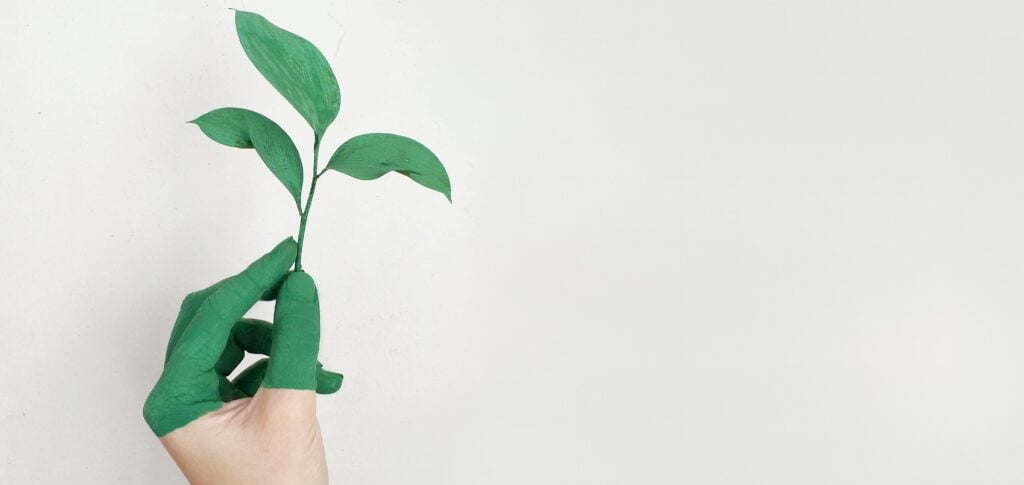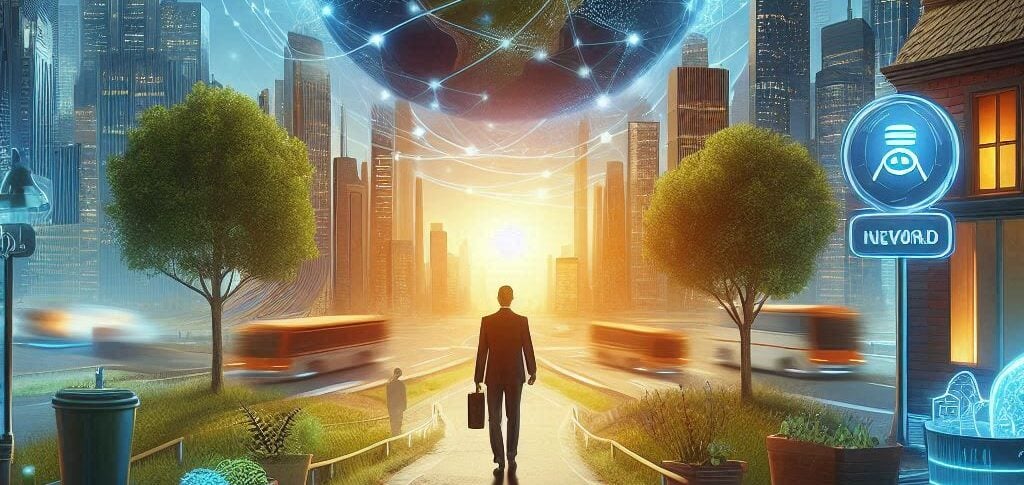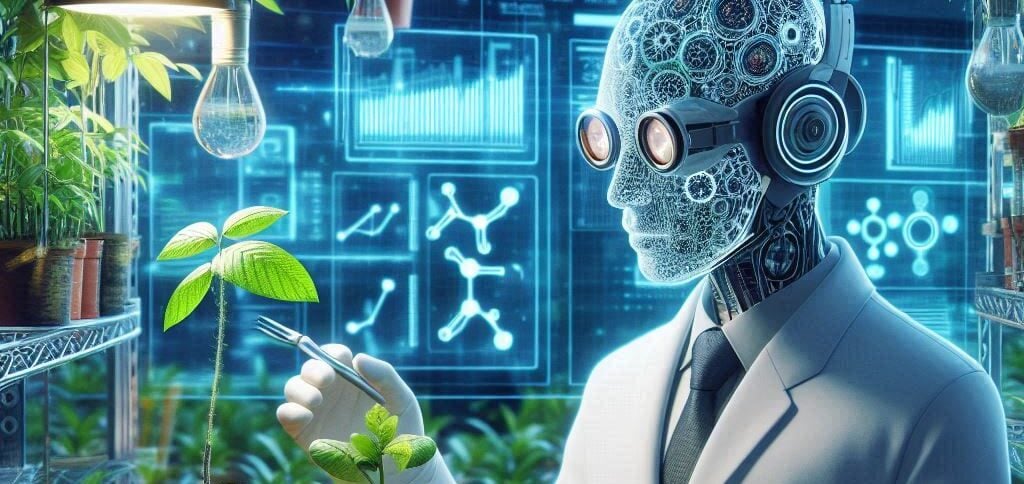Sustainability! You've probably already heard of this term that's becoming more and more popular. This concept, which emerged in the 1970s, seeks to establish a balance in human actions, ensuring the responsible use of the planet's resources, in order to avoid socio-environmental catastrophes of our own responsibility, such as global warming.
ADVERTISING
It is important to emphasize that, contrary to what many people think, sustainability is not restricted to environmental issues, but is also faithfully concerned with social, cultural and economic issues, such as the fight for decent housing, equal pay and the preservation of knowledge among original peoples.
In this sense, for sustainability to be achieved, a paradigm shift is necessary in our society. And that is why, beyond just changing individual habits, such as consuming products labeled as ecological, sustainability foresees a collective transformation, a restructuring of our production and consumption system. It is a new way of relating to nature and the different peoples and cultures that inhabit the planet. Therefore, it is essential that governments, companies, industries and us, citizens, mobilize.
Discover some tips to help you get involved in this cause:
1. REFLECT
About the origin of the products. Have you ever reflected, for example, on who sewed your clothes, on the working conditions of these workers and on the fibers that make them up? In our daily lives, the habit of getting dressed is so automated that we don't even think about the fact that the fashion industry is one of the most polluting in the world, in addition to accumulating accusations of work similar to slavery.
ADVERTISING
Therefore, critical reflection on the current mode of production and consumption is essential to seek answers and solutions to these systemic problems, such as those in fashion.
2. VALUE
local work, supporting entrepreneurs, artisans and local producers. By doing this, you help boost the local economy, promote better socioeconomic conditions in your community and value the work of small businesses, which often face difficulties in staying in the market due to lack of resources.
3. KNOW
what you have in your closet, in your fridge, in your laundry room, in your house. Try to give your objects durability and consume everything you have in the fridge, reducing waste. According to a 2021 UN survey, 60% of global food waste comes from household consumption. Furthermore, this waste can be responsible for up to 10% of greenhouse gas emissions on the planet. Therefore, by reducing the disposal and waste of products and food, we produce less waste and avoid the unnecessary use and extraction of natural resources – in addition to saving money!
ADVERTISING
4. ENGAGE
With sustainable people, movements and initiatives.
On social media, follow influencers who promote healthier and more sustainable habits, such as @menos1lixo and @camilibrio, and consider whether you really want to continue following that profile that only influences you to buy, buy and buy!
In your city, volunteer at an NGO such as Fashion Revolution and TETO, or participate in socio-environmental actions, such as urban cleaning or social integration of refugees and immigrants, for example. In addition to contributing to a more fair and egalitarian community, you can learn about sustainable activities in your community and engage with people who also fight for this cause.
References:
- UNEP Food Waste Index Report 2021 (UN)
- UN calls for more action against food loss and waste on international day (UN)

Claudia Castanheira She is a socio-environmental communicator, professor and researcher focusing on sustainability and socio-environmental justice. She has a master's degree in Discourse and Sustainability (USP), founder of Brechós pelo Mundo and collaborator of Fashion Revolution in Belgium. @euclaudiacastanheira
* The text of this article was partially generated by artificial intelligence tools, state-of-the-art language models that assist in the preparation, review, translation and summarization of texts. Text entries were created by the Curto News and responses from AI tools were used to improve the final content.
It is important to highlight that AI tools are just tools, and the final responsibility for the published content lies with the Curto News. By using these tools responsibly and ethically, our objective is to expand communication possibilities and democratize access to quality information. 🤖
ADVERTISING



